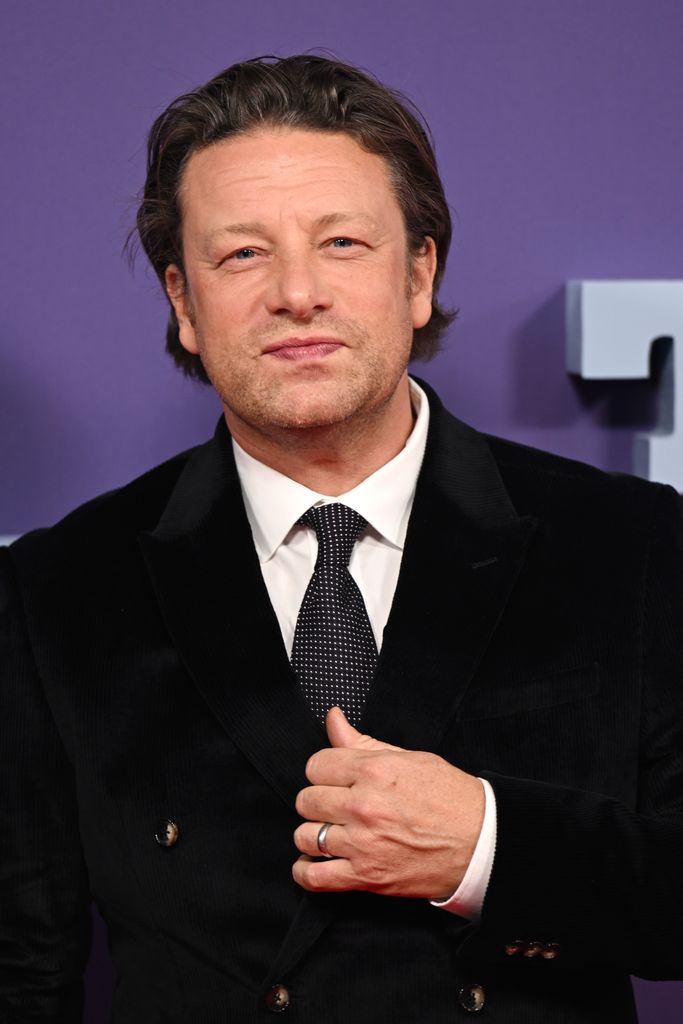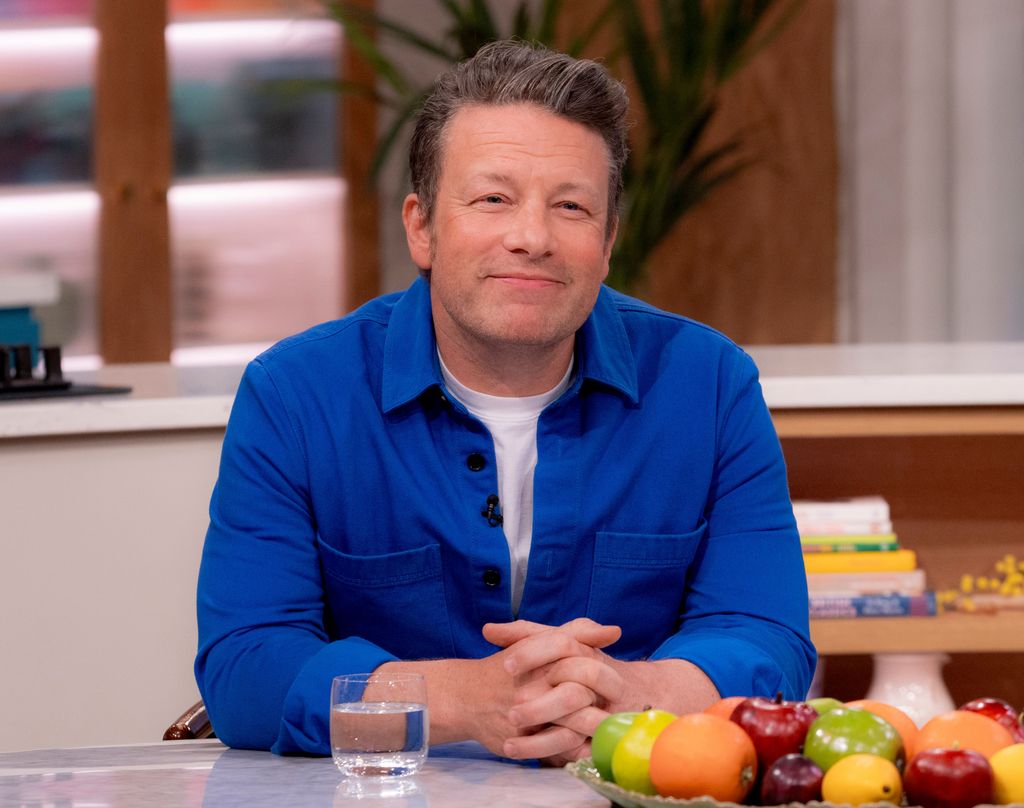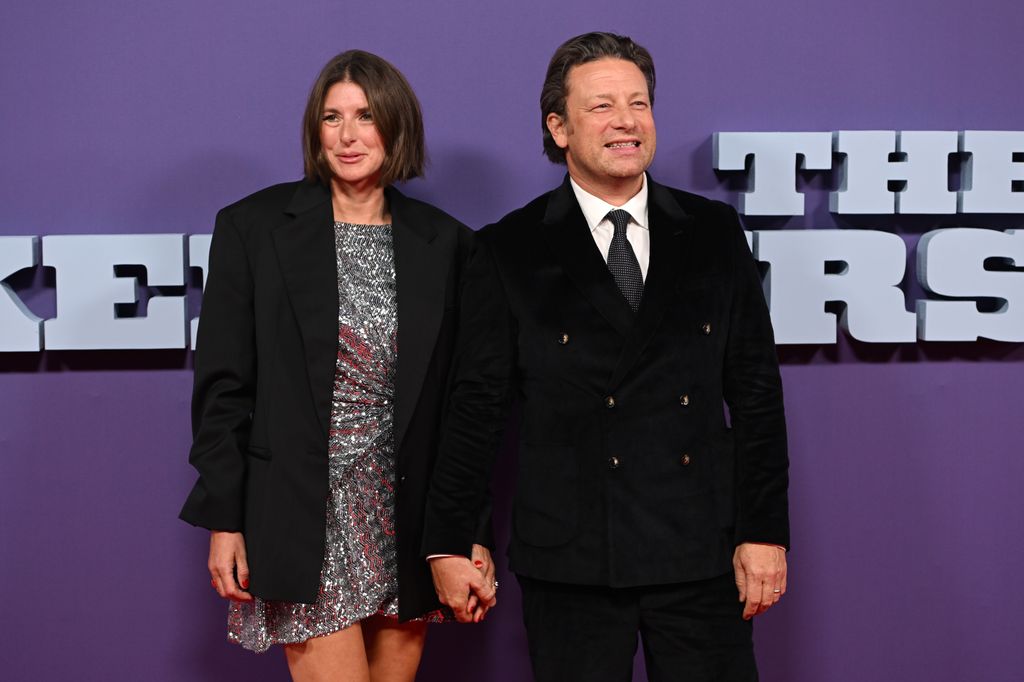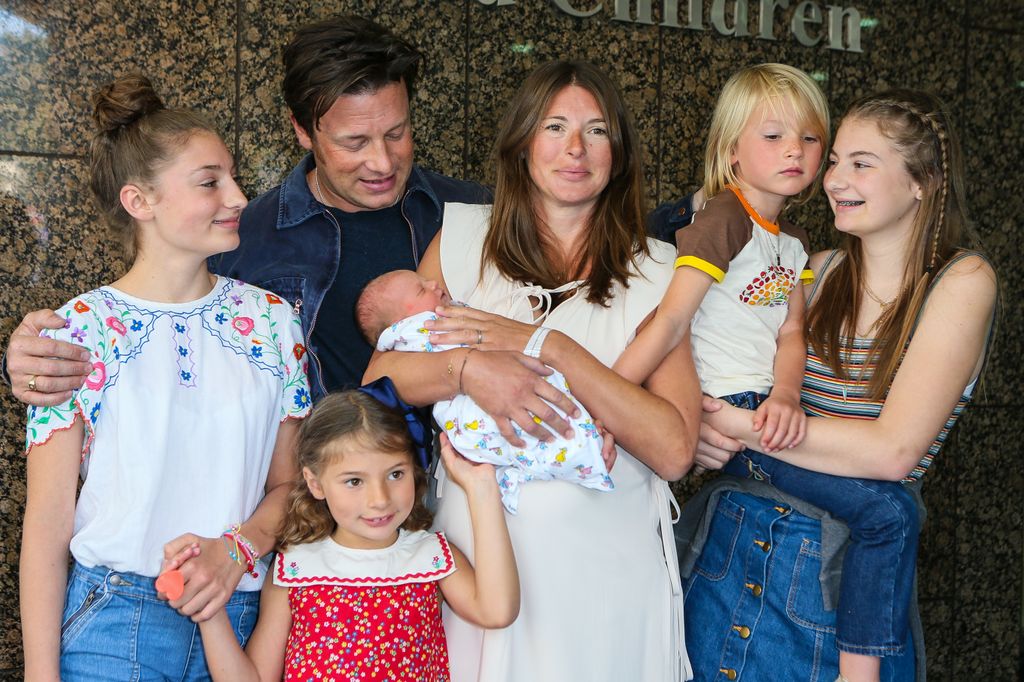TV chef Jamie Oliver has apologised and withdrawn a children’s book he wrote after it was heavily criticised for offending First Nation Australians.
The book, which was released earlier this year, is titled Billy and the Epic Escape, and is a sequel to Jamie’s children’s debut Billy and the Giant Adventure.
Indigenous organisations within Australia have strongly criticised the book, and called for Penguin Random House, its publisher, to pull it from shelves.
In a statement, Jamie, 49, said: “I am devastated to have caused offence and apologise wholeheartedly.
“It was never my intention to misinterpret this deeply painful issue. Together with my publishers, we have decided to withdraw the book from sale.”
Meanwhile, a spokesman for publisher Penguin Random House said: “Our mission at Penguin Random House UK is to make books for everyone and with that commitment comes a deep sense of responsibility.
“It is clear that our publishing standards fell short on this occasion, and we must learn from that and take decisive action.
“With that in mind, we have agreed with our author, Jamie Oliver, that we will be withdrawing the book from sale.”
Among the organisations to criticise the book was The National Aboriginal and Torres Strait Islander Education Corporation (Natsiec). Per The Guardian, the organisation’s chief executive Sharon Davis described Billy and the Epic Escape as “irresponsible and damaging, reflecting a profound lack of understanding and respect”.
They also accused the book of “erasure, trivialisation, and stereotyping of First Nations peoples and experiences”, saying that it “ignores the violent oppression of First Nations people, raising serious concerns about the cultural safety of First Nations readers – especially young people”.
The father-of-five published his first book, Billy And The Giant Adventure, last year. At the time, he explained that he’d “carefully chosen the font to make sure the text is as clear as possible” as people with dyslexia can find it hard to read.
Jamie, who has dyslexia, struggled to read bedtime stories to his young children. He subsequently started making up stories in his head and in doing so, built up a “catalogue” of stories which would later serve as the basis for his children’s books.
He wrote his book by writing in 10-minute chunks over lockdown. “I sat down for 10 minutes a day – which is as long as I can focus – and wrote it,” he previously told BBC Breakfast. “Over the course of four years, I built 14 chapters and sent it to a publisher.”
Read the full article here















